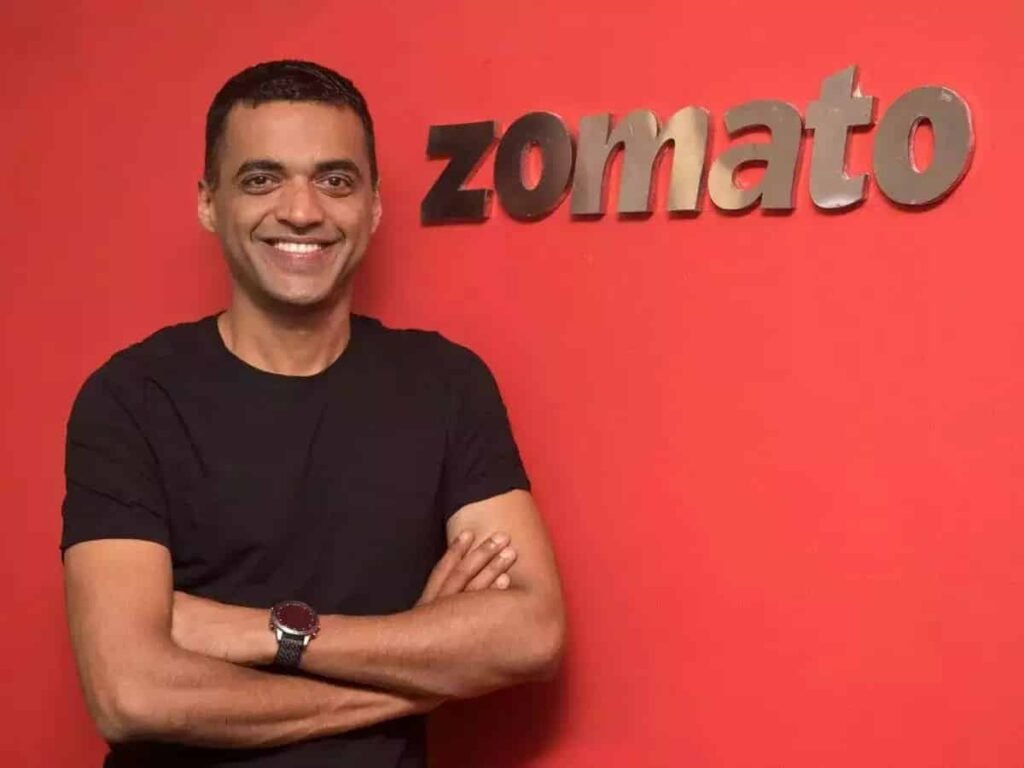Food Delivery Giant in Legal Turmoil as Vendor Files Insolvency Case
By Startupbydoc
Zomato, one of India’s largest food delivery platforms, is facing an insolvency plea over alleged unpaid dues of Rs 1.64 crore. The petition, filed under Section 9 of the Insolvency and Bankruptcy Code (IBC), was submitted by a vendor claiming non-payment for services rendered. The National Company Law Tribunal (NCLT) is now reviewing the case, putting the foodtech giant in the spotlight.
The Legal Dispute Unfolds
According to sources, the vendor in question alleges that Zomato failed to clear outstanding payments amounting to Rs 1.64 crore, despite repeated follow-ups. The vendor has now sought legal intervention, filing an insolvency plea at the NCLT. The tribunal’s decision on whether the case holds merit for admission will be crucial in determining the next steps for Zomato.
Zomato, a publicly listed company, has categorically denied the allegations, stating that the dues are disputed and that the company is financially stable. “This is an unjustified claim, and we are confident that the NCLT will dismiss the petition,” a Zomato spokesperson said in an official statement.
What Happens If the Case Is Admitted?
If the NCLT admits the insolvency plea, it could lead to the appointment of a resolution professional to assess Zomato’s financial health. However, given Zomato’s current market valuation and cash reserves, it is unlikely that the company will face any significant operational disruptions.
In previous instances, similar insolvency pleas against large corporations have been dismissed when companies demonstrated their ability to clear dues or provided proof that the claims were baseless. If Zomato successfully counters the allegations, the case will likely be dismissed in its early stages.
Zomato’s Financial Standing
Zomato has been a dominant player in the Indian food delivery sector, competing with Swiggy and new entrants in the market. The company reported a significant improvement in profitability in recent quarters, reducing its operational losses. As of its last financial report, Zomato had a strong cash reserve and continued to expand aggressively across different verticals, including Blinkit for quick commerce.
With steady growth in user base and order volume, financial analysts believe that an insolvency case over Rs 1.64 crore is unlikely to impact Zomato’s long-term business prospects. However, it does raise concerns about vendor relationships and payment settlements.
The Bigger Picture: Vendor Payment Issues in the Foodtech Industry
Zomato is not the first foodtech company to face allegations of delayed payments. Many startups and established companies in the sector have been criticized for vendor dues, delayed payments, and contract disputes. The gig economy and fast-paced nature of the food delivery industry often result in financial disputes between service providers and platforms.
Experts suggest that businesses should improve their vendor payment structures and ensure timely settlements to avoid legal battles that can affect brand reputation.
Industry Reaction and What’s Next for Zomato
The news of the insolvency plea has sparked debates in the startup ecosystem. Investors and stakeholders are closely monitoring the case, with some expressing confidence in Zomato’s ability to navigate the situation. The company’s stock saw a minor dip in early trading but stabilized as reports emerged that Zomato was prepared to defend itself legally.
If the tribunal dismisses the petition, it will be a strong reaffirmation of Zomato’s financial position. However, if the case proceeds, it could lead to increased scrutiny on how food delivery companies handle vendor payments.
Analysis: Can Zomato Overcome This Legal Hurdle?
Zomato’s current financial standing suggests that the insolvency plea may not pose a serious threat to its operations. However, it highlights an ongoing issue in the industry—timely vendor payments. If Zomato wants to maintain its dominance in the foodtech sector, it must ensure better transparency and efficiency in its payment processes.
For vendors and service providers, this case also sets a precedent—businesses must have clear contracts and documented payment terms to avoid legal complications.
Final Thoughts: A Call for Greater Financial Accountability
While Zomato is expected to overcome this hurdle, the case serves as a reminder that financial accountability and vendor trust are critical for long-term success. Businesses operating at scale should prioritize ethical financial practices to avoid legal entanglements.
Stay updated on the latest startup news and industry insights. Follow StartupByDoc for more exclusive updates!
RECENT –
Follow StartupByDoc for more exclusive updates!


